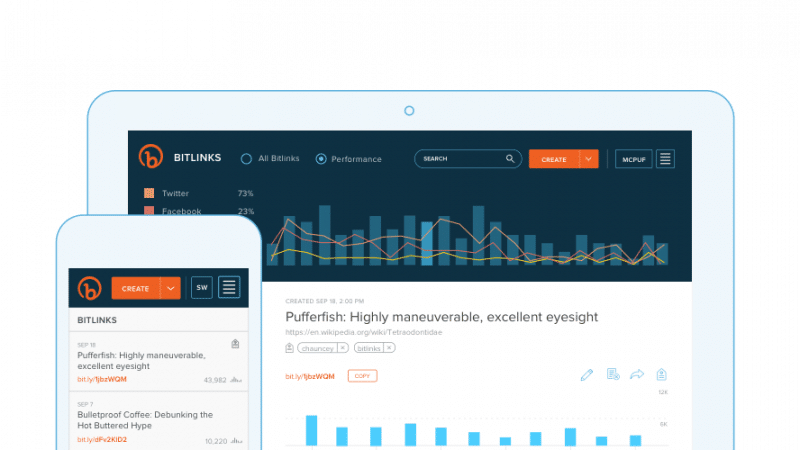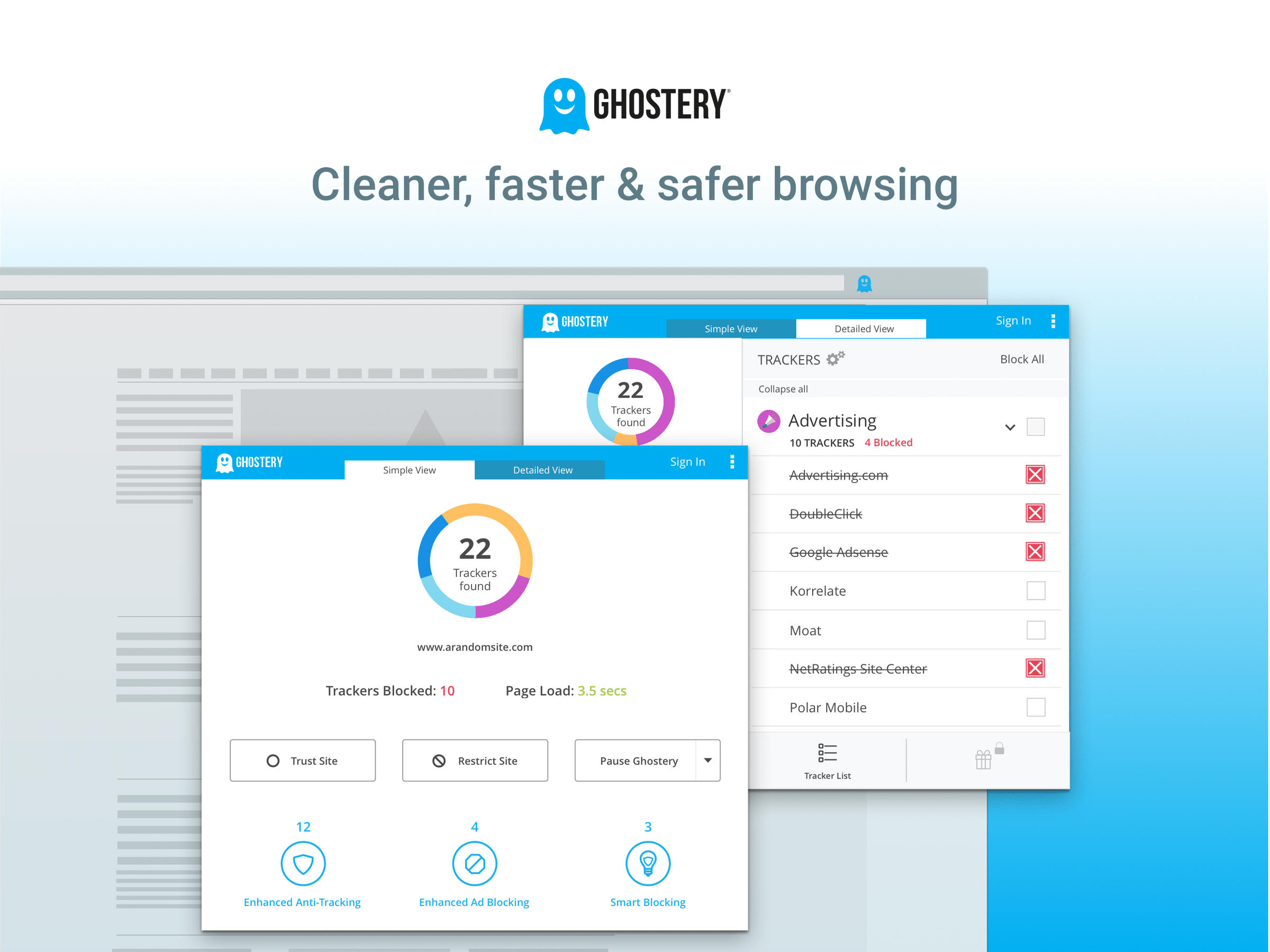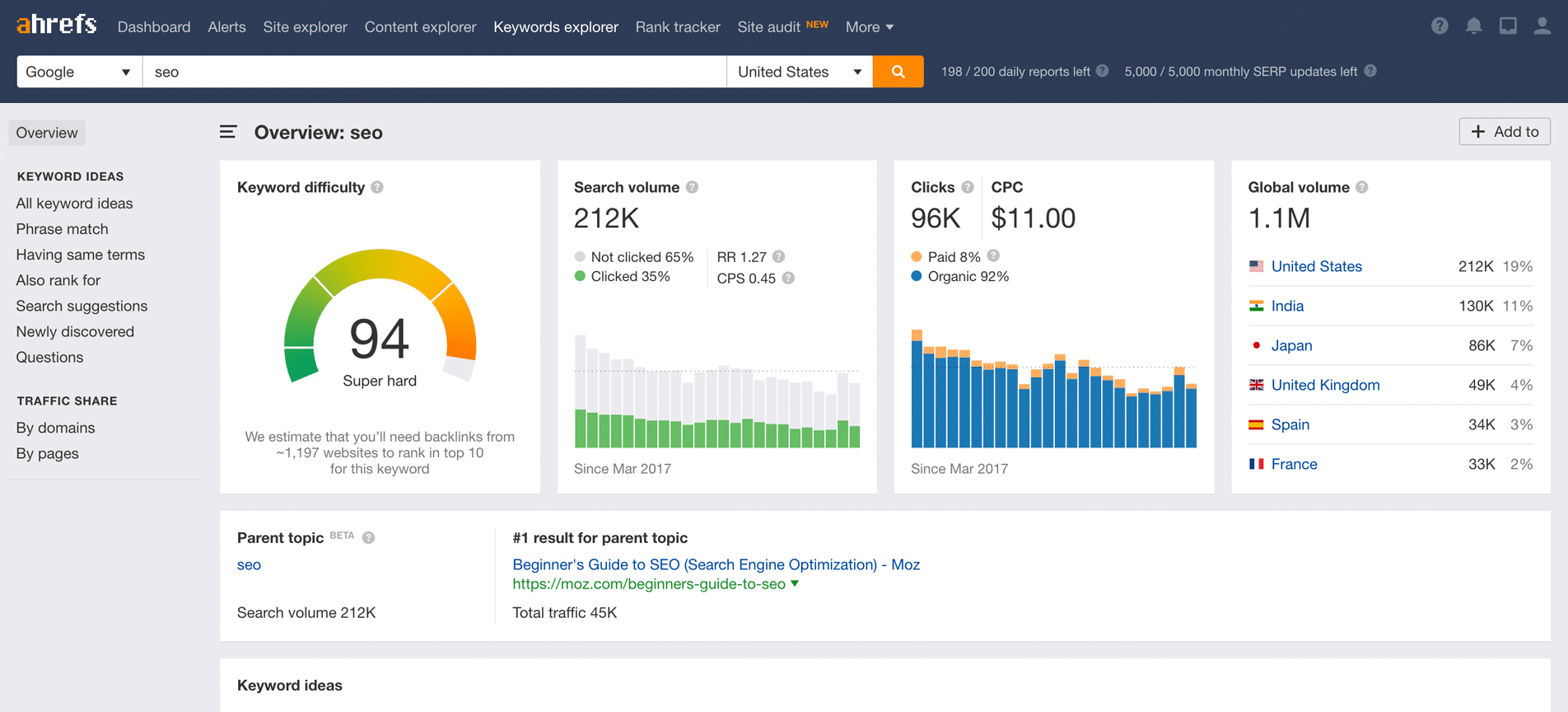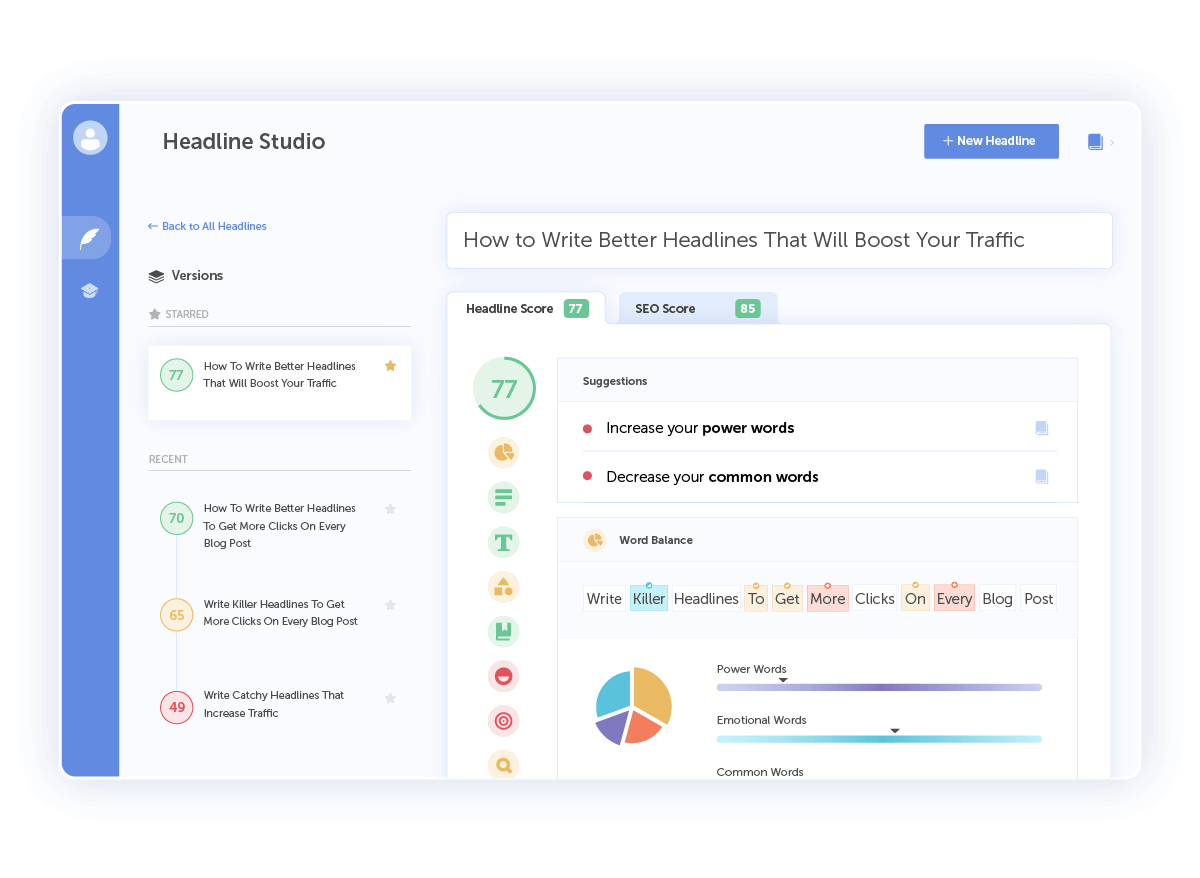The field of digital marketing comes with a lot of tasks and is much more complicated than it may seem. A digital marketer may at times have to perform various tasks at once. This requires a lot of precision and management at their end.
To make their tasks easier, there are many Chrome extensions available that one in the field can easily download. Chrome extensions increase productivity by helping in organizing their day-to-day tasks and keeping a real-time check on all the ongoing projects of your team.
While there are numerous extensions to choose from depending upon your requirements, here are some of the most used Chrome extensions in the field of digital marketing.
1. Bitly

Bitly is a URL shortening extension and a link management platform. The platform shortens 600 million links per month, for use in social networking, SMS, and email.
2. Buffer

Buffer manages accounts on social platforms, by providing the means for a user to schedule posts to Twitter, Facebook, Instagram, Instagram Stories, Pinterest, and LinkedIn, as well as analyze their results and engage with their community.
3. Ghostery

Ghostery is a browser extension, a piece of software that extends the functionality of a web browser on a desktop computer. It is a powerful privacy extension that helps in blocking ads, stopping trackers, and speeding up websites.
4. Grammarly

Grammarly is a cloud-based typing assistant that reviews spelling, grammar, punctuation, clarity, engagement, and delivery mistakes.
5. Ahrefs

Ahrefs is an SEO software suite that contains tools for link building, keyword research, competitor analysis, rank tracking, and site audits.
6. Headline Studio

Headline Studio is a headline analyzer from CoSchedule that improves your blog headlines wherever you write them, from WordPress to Wix.
7. Web Scraper

Web Scraper is the most popular web scraping extension. Through the extension, you can create a plan (sitemap) for how a website should be traversed and what should be extracted.
Using these sitemaps the Web Scraper will navigate the site accordingly and extract all data. Scraped data later can be exported as CSV or JSON Lines.












